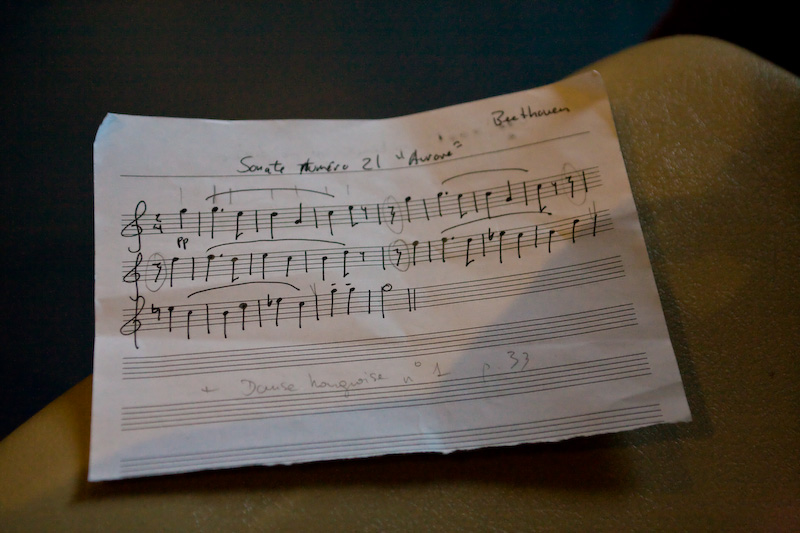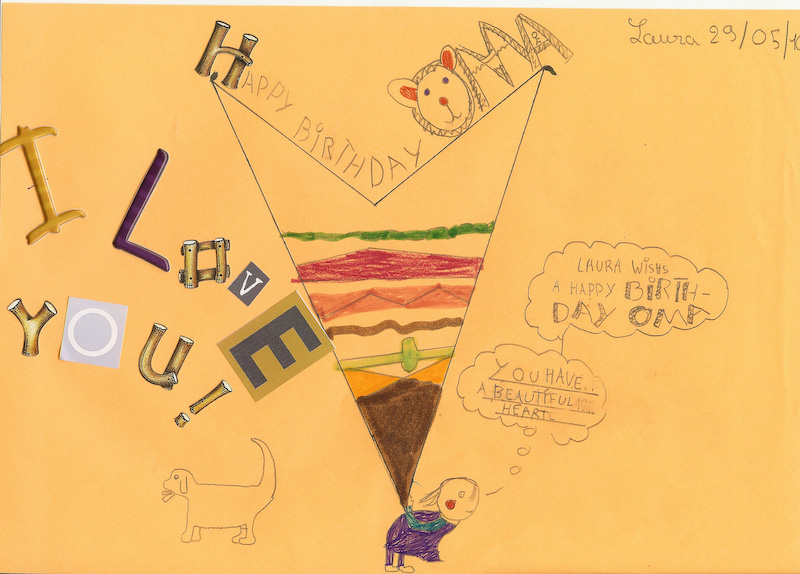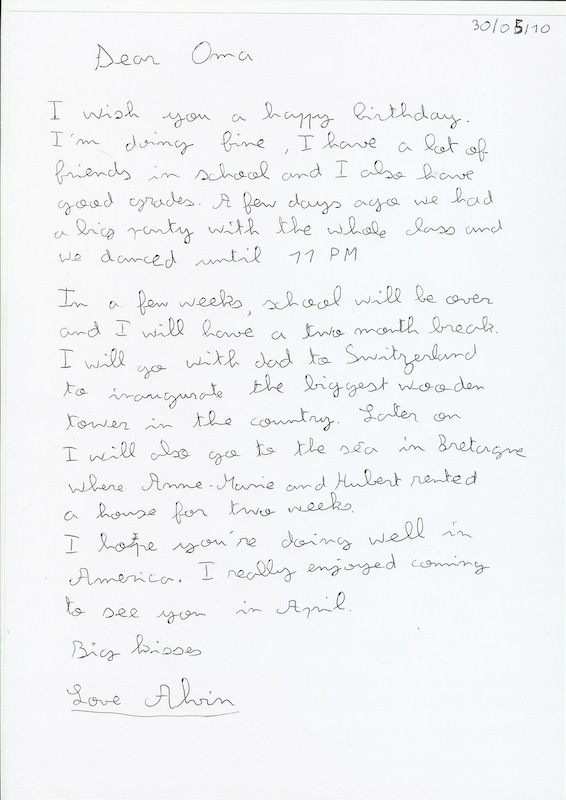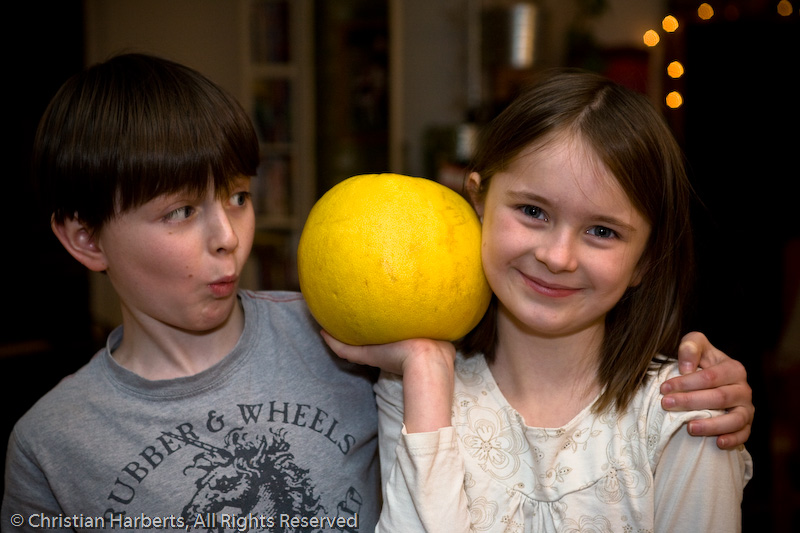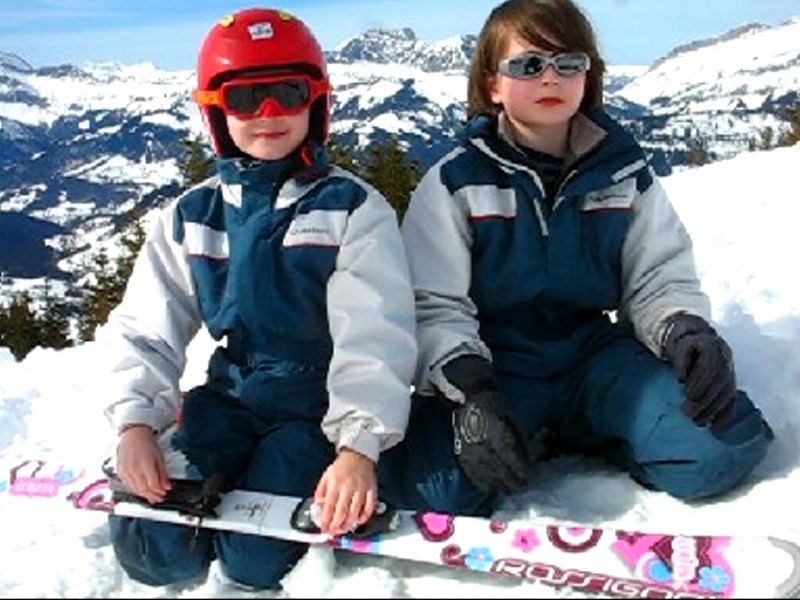Perchance I arrived recently in Bern, to discover the Medieval streets overrun with crazed citizens playing in rag-tag bands, dressed in outlandish costumes. This could only mean that it was « Fasnacht » (the equivalent of Mardi Gras or Carnival) for Southern Germany and the German-speaking parts of Switzerland. See the photos here, on Flickr.
The Swabian-Alemannic Fastnacht is the pre-Lenten carnival in Alemannic folklore in Switzerland, southern Germany, Alsace and western Austria.
It is also known in parts of Pennsylvania Dutch Country as Fasnacht Day and is celebrated on the day before Ash Wednesday, which is the last Tuesday before Lent.
The Swabian-Alemannic carnival begins on January 6 (Epiphany/Three Kings Day). This celebration is known as Fastnacht (literally « Fasting Eve » as it originally referred to the eve of the fasting season). Variants are Fasnet, Fasnacht or Fasent. Fastnacht is held in Baden-Württemberg, parts of Bavaria, and Alsace. Switzerland and Vorarlberg, in Austria, also hold this celebration. The festival starts on the Thursday before Ash Wednesday, known in these regions as Schmotziger Amidonnerie or Fettdonnerstag. In Standard German, schmutzig means « dirty », but in the Alemannic dialects schmotzig means « fat »; « Greasy Thursday », as remaining winter stores of lard and butter used to be consumed at that time, before the fasting began. Elsewhere the day is called « Women’s Carnival » (Weiberfastnacht), being the day when tradition says that women take control. In particular regions of Tyrol, Salzburg and Bavaria traditional processions of the Perchten welcome the springtime. The Schönperchten (beautiful Perchts) represent the birth of new life in the awakening nature, the Schiachperchten (« ugly Perchts ») represent the dark spirits of wintertime. Farmers yearn for warmer weather and the Perchtenlauf (Run of Perchts; typical scenery) is a magical expression of that desire. The nights between winter and spring, when evil ghosts are supposed to go around, are also called Rauhnächte (rough nights). Mask of an « ugly Percht » and The Ahland, a Fasnet figure of Rottenburg am Neckar
Source: Wikipedia, « Swabian-Alemannic-Fastnacht »
https://en.wikipedia.org/wiki/Swabian-Alemannic-Fastnacht
Toute à fait par hasard je suis tombé, à l’arrivée de Berne en Suisse, sur des hordes de citoyens possédés, armés de diverses outils de musique qu’ils joyaient avec plus d’enthusiasme que de talent, en courant dans les rues… Cela ne pouvait signifier qu’il était « Fasnacht », l’équivalent de Mardi Gras ou Carnaval, avant la fête de Lente. Voici quelques photos.
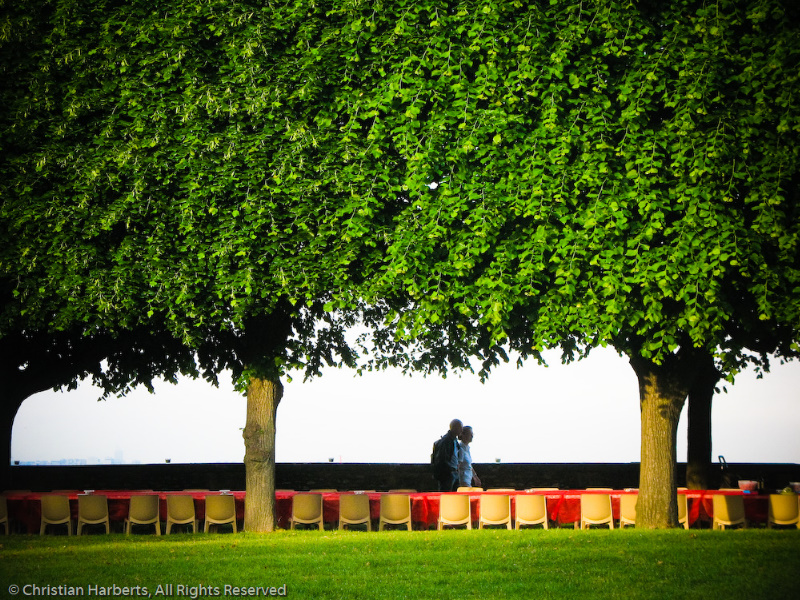 The artists of Meudon hosted a 24-hour festival at the Observatoire de Meudon on June 5 and 6 (despite violent rain storms Sunday morning) and started off with a giant picnic. The city of Meudon provided the tables…
The artists of Meudon hosted a 24-hour festival at the Observatoire de Meudon on June 5 and 6 (despite violent rain storms Sunday morning) and started off with a giant picnic. The city of Meudon provided the tables… Les artistes de Meudon ont offert un festival de 24 heures au publique. Piquenique géant à l’Observatoire de Meudon, le 5 juin. La ville de Meudon a fourni les tables et chaises…
Les artistes de Meudon ont offert un festival de 24 heures au publique. Piquenique géant à l’Observatoire de Meudon, le 5 juin. La ville de Meudon a fourni les tables et chaises…
